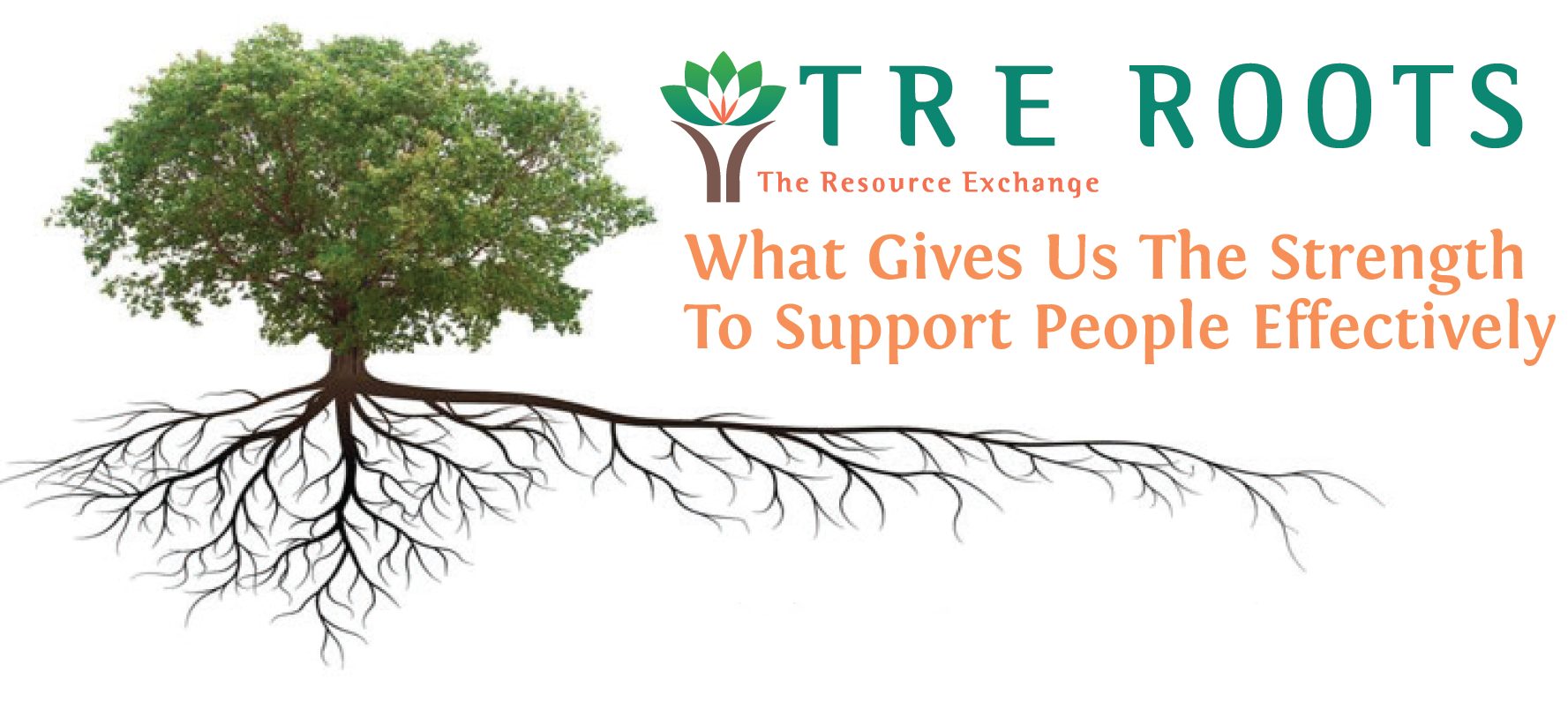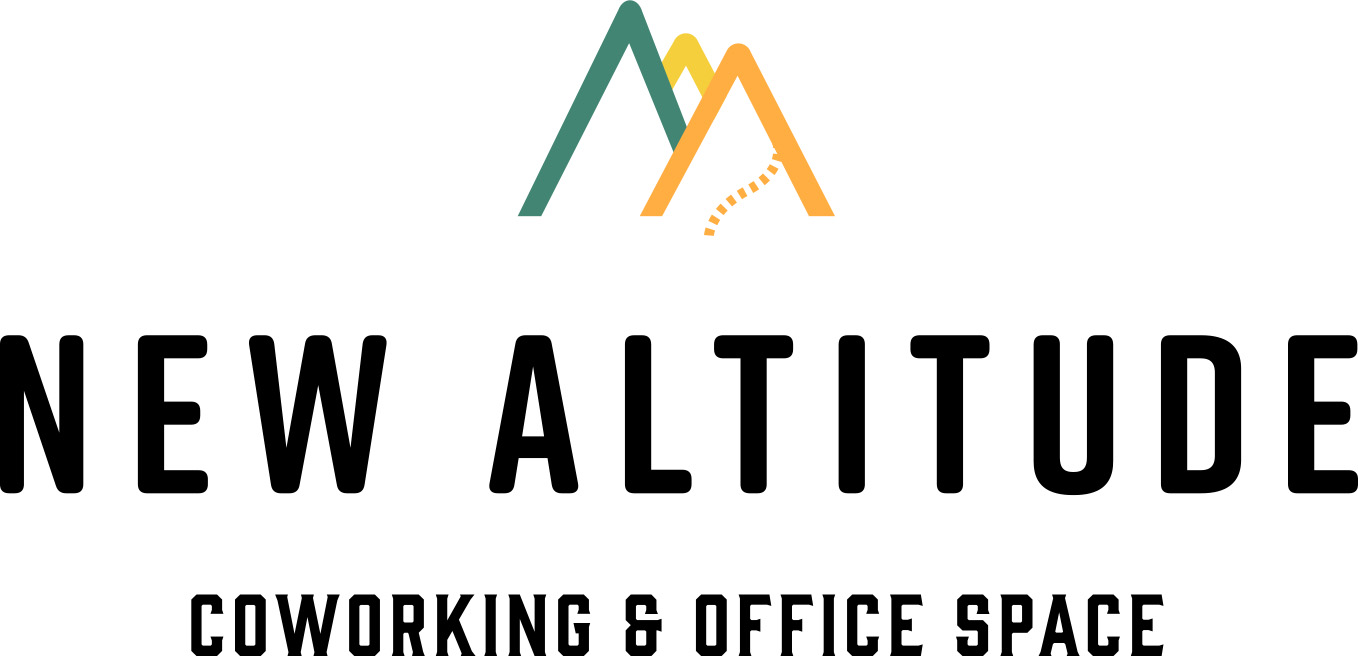

We are proud to share the next in our series of TRE’s cultural “roots”, guideposts that have been identified by TRE as critical to our work. Read more about this organizational effort at www.tre.org/blog-tre-roots/.
ROOT #6 – PRACTICE BLAMELESS PROBLEM SOLVING
Apply your creativity, spirit, and enthusiasm to developing solutions, rather than pointing fingers and dwelling on problems. Identify lessons learned and use every experience to improve our processes so we don’t make the same mistake again. Get smarter with every mistake.
Our work to support people is driven by complex needs and requires us to consider the individual desires of each of these people. This means we are often working to solve challenging problems. Practicing blameless problem-solving is important because we must work together, learn from one another’s’ experiences, and use mistakes and failures as the building blocks to solutions. Failures and mistakes are as important to solving problems as successes, I would say even more important. When teams and organizations are successful at practicing blameless problem-solving, there is high trust and accountability. Individuals and teams are not afraid to admit when something does not work as planned. Mistakes and failures are seen as experiences that provide us with more information than we had before. The group works together toward success which drives stronger outcomes for the people we support. Everyone feels a part of the effort and a contributor to the success.
Teams and organizations who are not effective at practicing blameless problem-solving are often splintered and individually driven. Success is about the individual or the team, rather than about the outcomes for the person we are supporting. The outcome achieved may or may not benefit the person in services. We must approach problem-solving with a focus on the final goal we want to accomplish rather than judging another person or group as to the reason it has not worked. This includes how we approach peers on our own team, other teams, outside partners, family and caregivers, and our state systems.
I recently had to check myself on how I was thinking about one of our state partners and the decisions they were making. I was being judgmental of them and the way they are managing the situation. This mindset was affecting how I spoke and interacted with them and did not help either of us solve the problem before us. Once I shifted my mindset towards partnering with them to solve the problem and share respectfully my experiences of the direction they were taking (without judgement), the conversation opened up significantly. It is too soon to really know if we will reach the outcomes I am hoping for, but I feel that now I am influencing those outcomes. I was not influencing it positively in my original approach.
As you go about your work, consider the following:
- Take time out to reflect on recent or current situations where a problem needs to be solved. What does blameless problem-solving look like in that situation? How can you support blameless problem-solving moving forward?
- What are some problems that are important for you, your team, and our organization to address? How can we work together to practice blameless problem-solving?
- Talk within your team or with your peers about groups with whom you work well together to solve problems. Why does it work well with that/those group(s)? What about groups where if feels as if there is blame for the problem(s). Why is that? What can you and your team do to change that?
- Share examples of practicing blameless problem-solving and what you or your team were able to accomplish.







Leave a Reply